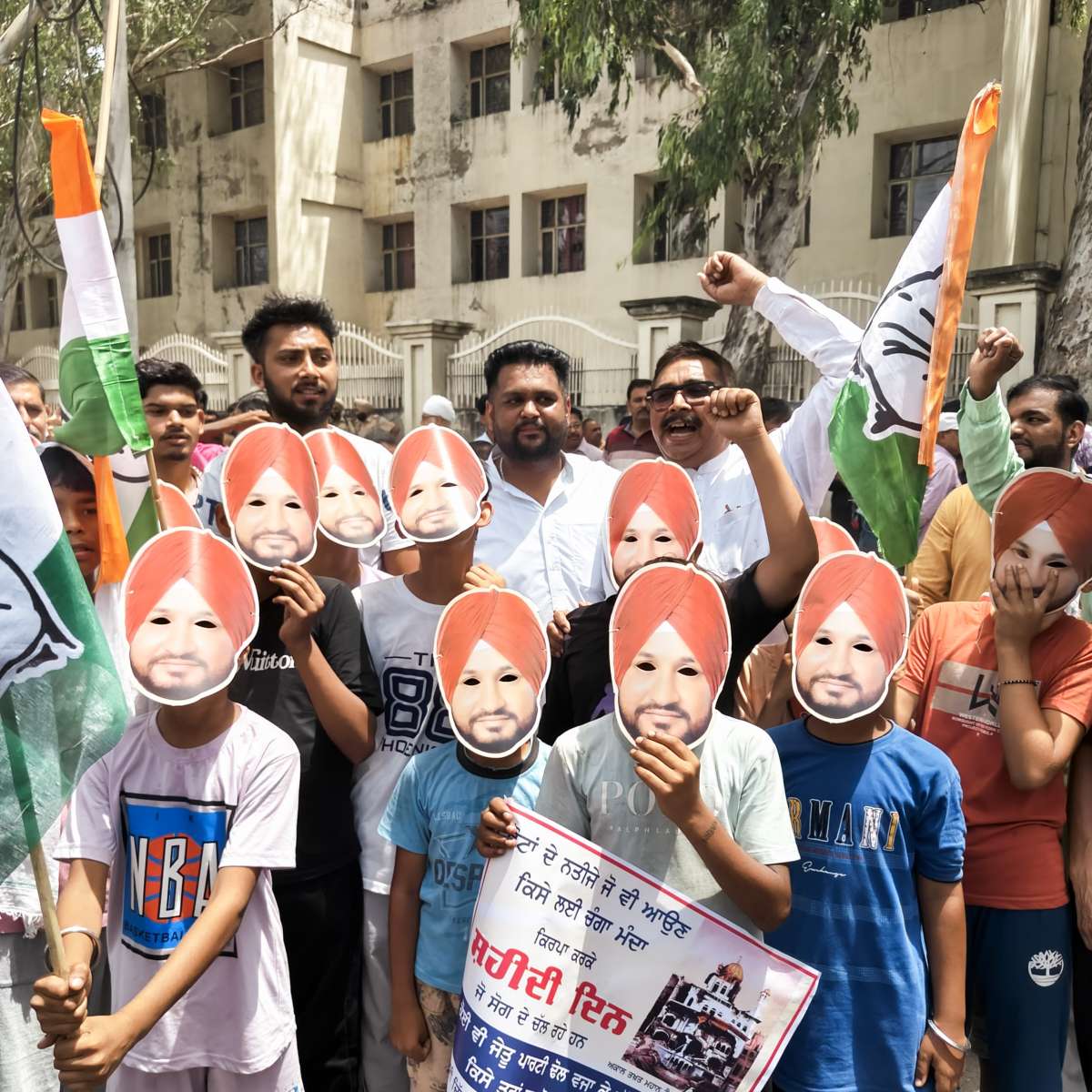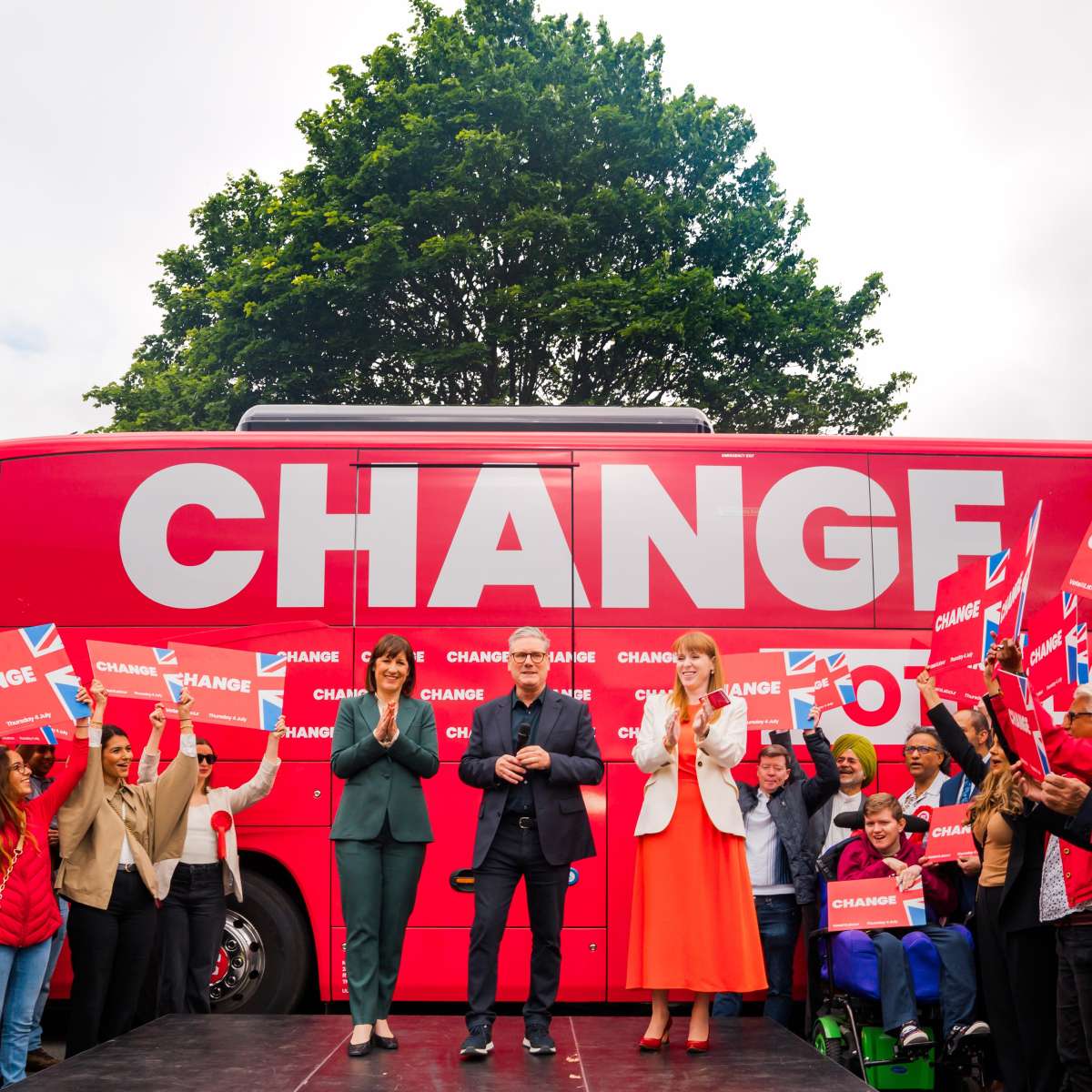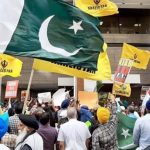The Bharatiya Janata Party secured a third consecutive term with 240 seats, far ahead of the Congress’s 99 seats, according to the Election Commission of India….reports Asian Lite News
The BJP-led National Democratic Alliance (NDA) emerged as the largest alliance in the Lok Sabha elections, easily crossing the majority figure of 272, even as the saffron party fell well short of its target of winning 370 seats on its own and more than 400 with its allies.
The Bharatiya Janata Party which was looking for a third consecutive term in office and its third straight single-party majority, won 240 seats, according to the Election Commission of India (ECI), putting the saffron party well ahead of the Congress, the largest opposition party, which bagged 99 seats. The BJP, however, lost 63 seats from its 2019 tally, having won 282 in 2014, while the Congress won 55 and 47 more seats than in 2014 and 2019 respectively.
Here’s how international media reacted:
Washington Post
The results were an “unexpected repudiation of Prime Minister Narendra Modi,” The Washington Post said, adding that there was “tepid support for his Hindu nationalist party, piercing the air of invincibility around the most dominant Indian politician in decades.”
The Times
“His (PM Modi) poorer performance will have political ramifications. At a minimum, the BJP will have to depend more on the junior members of its existent multi-party alliance. Two of those do not support Mr Modi’s ‘Hindu-first’ agenda.”
Financial Times
“The results would be a return to coalition politics. Many Indians had expected a clear Modi victory in an election seen as a referendum on his decade in office and a campaign focused largely on his personality.”
BBC
UK news broadcaster BBC writes, “India’s Modi faces stunning blow as alliance heads for reduced majority.” It suggested how INDIA bloc’s stress on ‘Save Democracy’ slogan worked wonders for them. Opposition parties highlighted cost of living issues, high unemployment – especially for young people – and fears that constitutional changes could disempower the disadvantaged. They also promised to stop India’s “slide into autocracy”.
CNN
American news broadcaster CNN writes, “Modi declares victory in election but his party faces shock losses”. CNN reported how Modi’s BJP will now have to rely on coalition partners to form a government. It said BJP was hoping for a supermajority in the lower house of the parliament that would have enabled it to change the country’s constitution.
Al Jazeera
The Qatar-based news broadcaster wrote, “Allies to shape Modi’s fate after shock election setback for BJP”.
The news channel wrote: “Indian Prime Minister Narendra Modi’s BJP is on course to lose its national majority after suffering major losses in key states, marking a dramatic shift in a political landscape it has dominated for the past decade.” It also reported how exit polls didn’t reflect on the reality on the ground. It highlighted BJP’s shocking loss in Ayodhya.
“The BJP concedes defeat in Faizabad constituency where Modi inaugurated a controversial Hindu temple in January.”
Guardian
The UK-based daily national wrote: “Narendra Modi claims ‘historical’ third term but projections show party unlikely to win outright majority”.
The paper put spotlight on the resurgence of INDIA bloc, writing, “The opposition, INDIA alliance, led by Rahul Gandhi’s centrist Congress party, appeared to far outperform expectations, leading in just over 230 seats.
It highlighted how celebrations at the BJP headquarters in Delhi were ‘bit muted’ “with nothing like the size of the crowds seen on counting days at Narendra Modi’s previous election wins.”
Newsweek
The US-based news website reported, “Indian Opposition Celebrates as Modi’s BJP Faces Shock Election Setback”
“The opposition’s strategy to focus on local issues and build a narrative around unity and justice appears to have resonated with voters,” wrote Danish Manzoor Bhat for Newsweek.
“Political analysts had anticipated a huge win for the BJP, with some even predicting 400 plus out of the 543 seats in elections, but the scale of its losses has taken many by surprise.”
ABC News
American Broadcasting Corporation said, “for the first time since his Hindu nationalist Bharatiya Janata Party swept to power in 2014, it did not secure a majority on its own, winning 240 seats —- far fewer than the record 303 it won in the 2019 election. That means Modi will need the support of other parties in his coalition — a stunning blow for the 73-year-old, who had hoped for a landslide victory.”
It added, the party may now be “heavily dependent on the goodwill of its allies, which makes them critical players who we can expect will extract their pound of flesh, both in terms of policymaking as well as government formation,” said Milan Vaishnav, director of the South Asia Program at the Carnegie Endowment for International Peace.
Time Magazine
The Time magazine reported, “But while Modi will likely be able to move forward with his promised Hindu-nationalist agenda and slate of economic reforms, the BJP’s smaller-than-expected majority means that he may face a more powerful opposition than at any point over the past decade—making implementation difficult unless the BJP negotiates with smaller alliances and opposition leaders.”
The BJP managed to pull off stunning breakthroughs in the south, winning one seat in the left-leaning state of Kerala, where it has never won before. It retained its stronghold in Karnataka, grabbing 19 seats compared to nine for INDIA. And it tied in Telangana, where the opposition defeated the BJP in state elections held last year, by securing eight seats.
ALSO READ: US Confident in Close Relations with Re-elected Modi
ALSO READ: Lotus Withers













